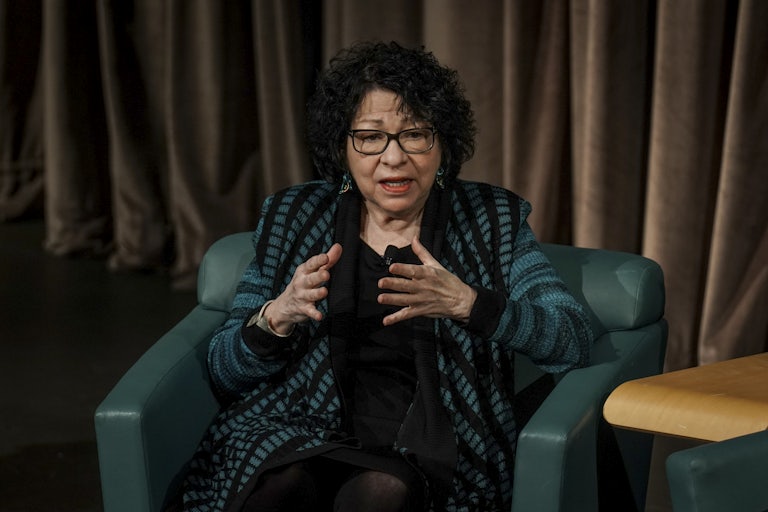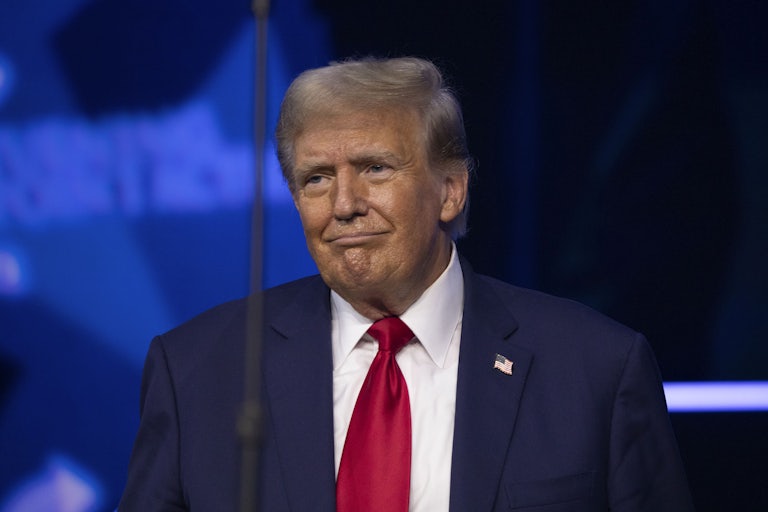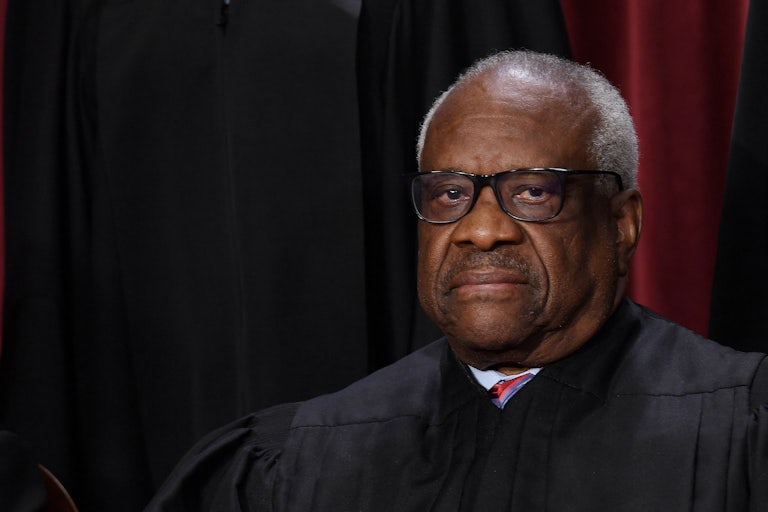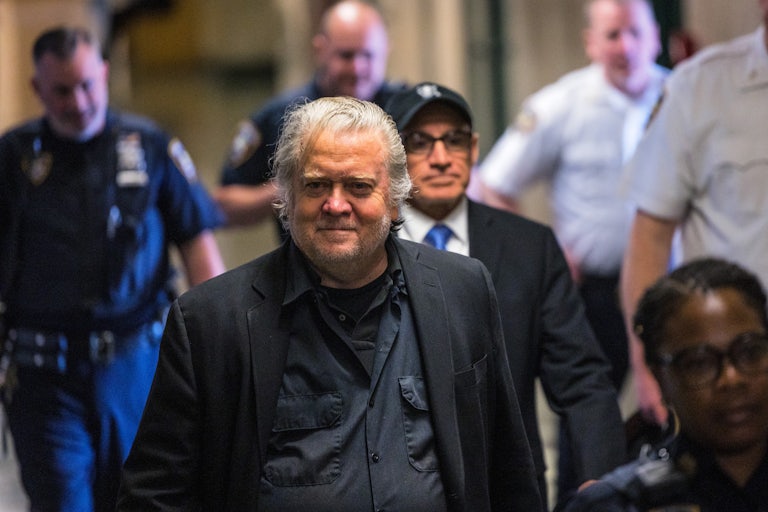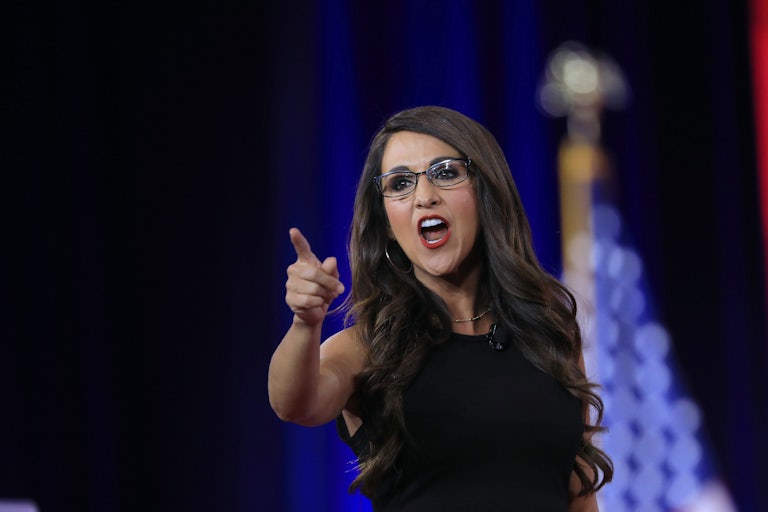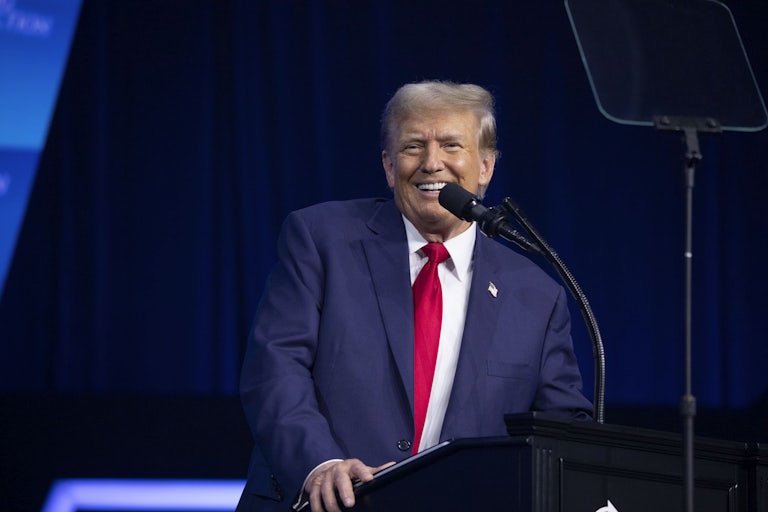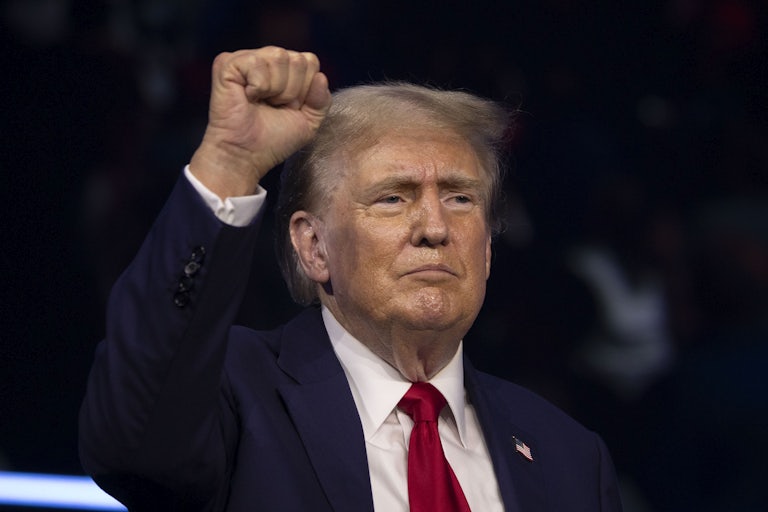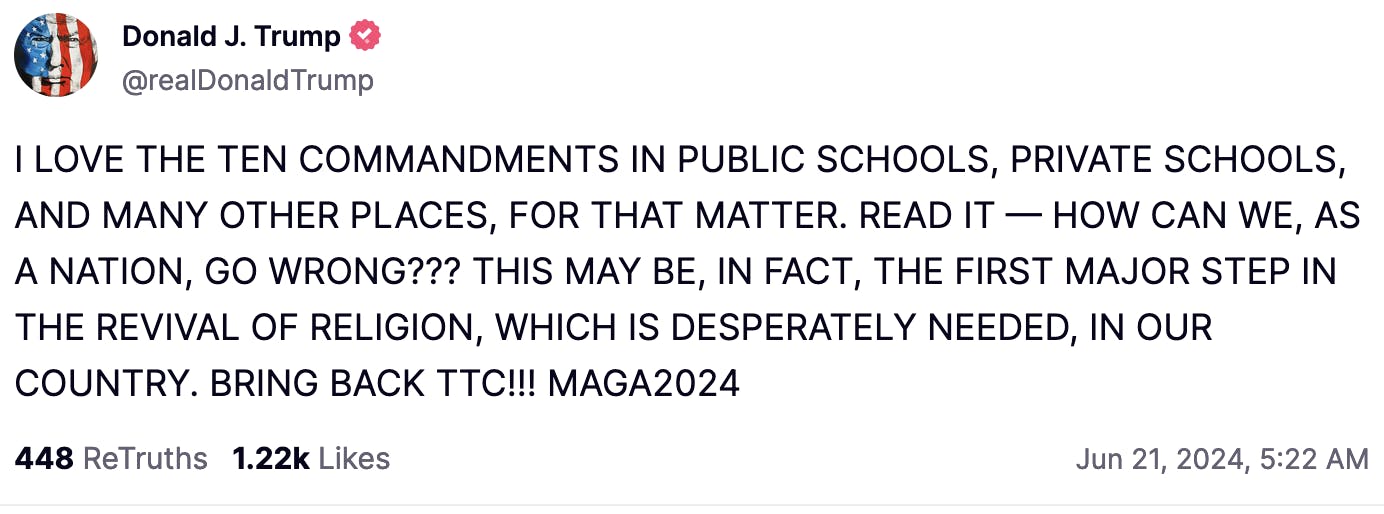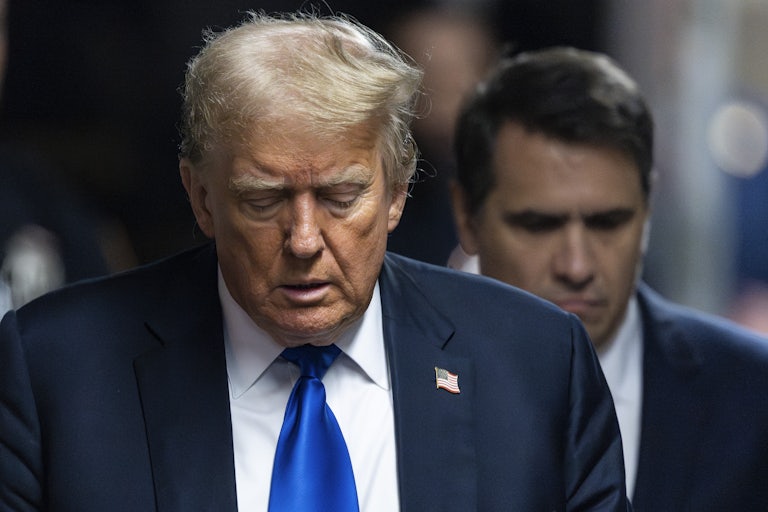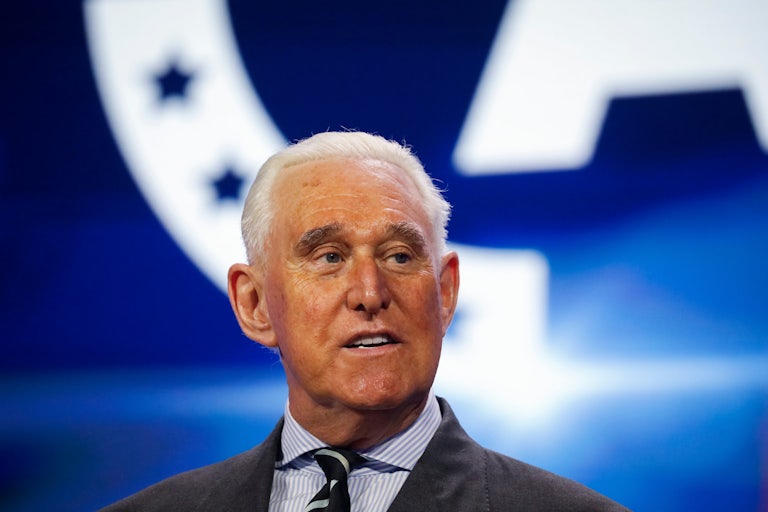Judge Cannon Brutally Roasted for “Partisan Prima Donna” Behavior
Donald Trump’s former ally Ty Cobb slammed the judge’s “petty” behavior.
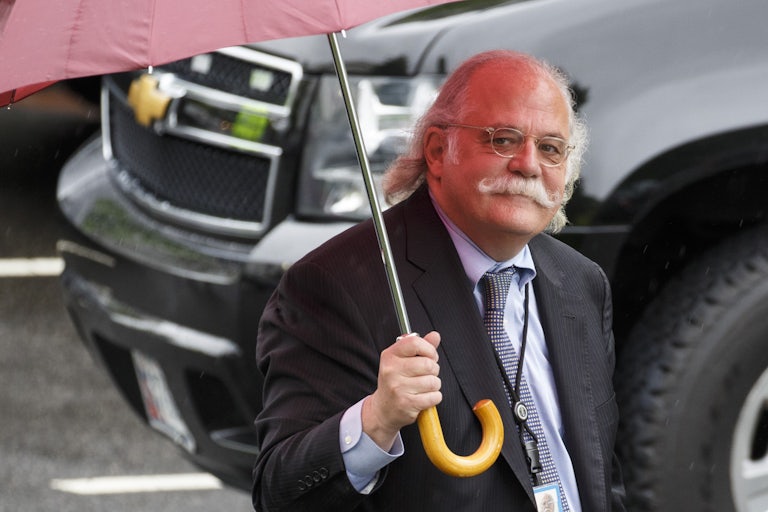
Donald Trump’s former ally took Judge Aileen Cannon to task after a shocking new report showed that she’s been fighting to protect the former president in his classified documents case since it first landed on her desk.
Cannon refused early calls from senior federal judges to hand off Trump’s classified documents case, according to a new report from The New York Times Thursday, making it clearer than ever that she has been determined to help the former president from the beginning.
Case in point: Cannon was set to begin a multiday hearing Friday to determine the constitutionality of special counsel Jack Smith’s appointment to the classified documents case, simply because Trump requested one.
Ty Cobb, a former lawyer in Trump’s White House, wasn’t having any of it.
In an interview on CNN Thursday night, he told Erin Burnett that the hearing is unlikely to remove Smith from the case, since “the law requires that she validate Jack Smith’s appointment, and not disqualify him.”
“The jurisprudence on this goes back to 1988 when the Independent Counsel statute, which preceded special counsel appointments … was fully vetted in the Supreme Court and upheld,” explained Cobb.
“The worst thing that could happen to her is that she actually does rule for Trump on this, because that would go to the Eleventh Circuit, and then I think this petty, partisan prima donna would be put in her place, and they would remove her,” the lawyer said.
Cobb called Cannon’s willingness to acquiesce to Trump’s requests “silly” and “shocking,” and said her actions go “way beyond” just being inexperienced. “The reality is, she is slow. And she’s slow on purpose,” he said.
Cobb has repeatedly spoken out against the former president, previously saying Trump “poses the gravest threat to American democracy that we’ve ever seen.” Cobb also signed onto a brief to the Supreme Court challenging Trump’s claim to presidential immunity.
He’s also been one of Cannon’s strongest critics. Last month, Cobb said the judge was “incapable of ruling intelligently,” and previously called her decision to consider the constitutionality of Smith’s appointment “ludicrous,” “ridiculous,” “dangerous,” and “incendiary.”
